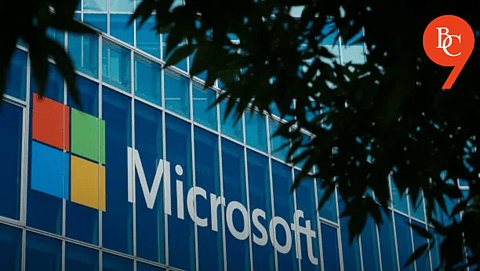Microsoft Threatens to Abandon OpenAI Talks
Microsoft is reportedly prepared to walk away from its high-stakes negotiations with OpenAI, the creator of ChatGPT, as the two companies struggle to resolve fundamental disagreements over their multibillion-dollar alliance. The potential breakdown of this partnership could have far-reaching implications for the global AI race and the commercial strategies of both tech giants.
Since 2019, Microsoft has invested more than $13 billion into OpenAI, securing early access to groundbreaking AI models and integrating them into its own products and services. However, the alliance has grown increasingly strained in recent months due to disputes over critical issues such as Microsoft’s future stake in OpenAI, access to next-generation AI technologies, and OpenAI’s evolving corporate structure.
According to sources familiar with the matter, Microsoft is considering pausing or abandoning ongoing talks if an agreement protecting its interests isn’t reached. The company plans to rely on its existing commercial contract, which secures access to OpenAI’s technology until 2030. This fallback position signals Microsoft’s willingness to maintain current terms rather than accept unfavorable changes.
The negotiations have been complicated by reports that OpenAI executives have considered accusing Microsoft of anticompetitive behavior throughout their partnership. OpenAI is seeking to loosen Microsoft’s grip on its intellectual property and computing resources while needing Microsoft’s approval to transition into a public-benefit corporation—a move critical for future fundraising and a possible IPO.
A significant point of contention is OpenAI’s $3 billion acquisition of AI coding startup Windsurf. OpenAI aims to prevent Microsoft from gaining access to Windsurf’s intellectual property, which could enhance Microsoft’s AI offerings, such as GitHub Copilot. For Microsoft, the partnership has been strategic, positioning it at the forefront of AI innovation and giving it a competitive edge over rivals like Google and Amazon.
Meanwhile, OpenAI is seeking greater independence as it transitions to a public-benefit corporation. A revised deal could allow OpenAI to raise more capital, reduce revenue sharing with Microsoft, and maintain flexibility as it prepares for a potential public offering. However, without Microsoft’s approval, these ambitions could be delayed.



